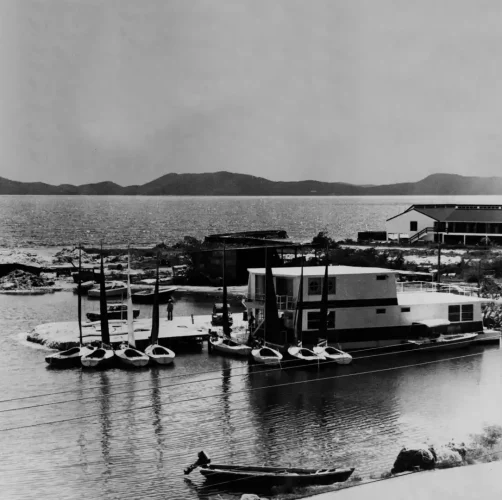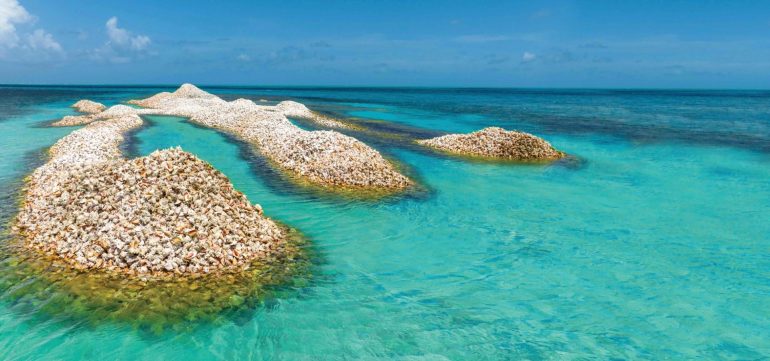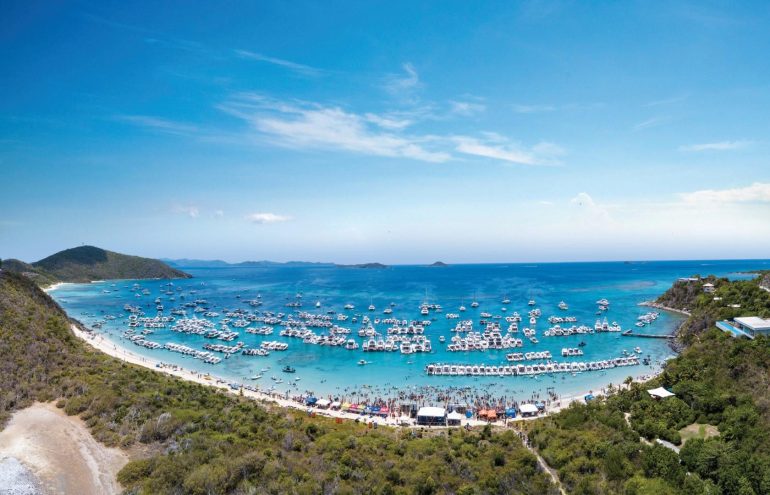A National Health Service? – Have you wondered how you will be able to afford Health Insurance in the future? Every year, without fail, the premiums go up and the prophets of doom tell us that medical costs are escalating at an average of 14/15% per year.
What about the BVI Government’s plan for compulsory health coverage – based on a mandatory salary deduction – similar to the Social Security deductions? As far as we know the University of the West Indies project team is on target and is scheduled to complete its work sometime soon. But how will that affect our health insurance coverage?
When the Cayman Islands introduced a similar compulsory health plan some years ago, the Health Insurance Companies issued ‘top up’ policies with higher limits and better benefits than the basic Government plan. So we assume that something similar will happen in the BVI.
At Caribbean Insurers (Health) Limited we welcome the BVI Government’s commendable initiative to provide health coverage for the total population. We’d be interested to learn, from the team’s report, how the approximate 12,000 working population will be able to afford to contribute enough to cover the approximate 24,000 actual population.
Windy Citadel
“What about hurricanes?” you may ask. Well, we believe that you have all been inundated with ‘what to do and what not to do’ by the media and the Government agencies, and so we won’t dwell on those.
What we would like to do is to draw your attention to the ‘Cat deds’ on your policies. ‘Cat deds’ is insurance-speak for ‘Catastrophe – Earthquake, Flood and Hurricane – deductibles’. And nowadays a 2% deductible is the norm for properties which are located inland – that is you are responsible for the first 2% of the sum insured on the building before the Insurance company pays a penny. However for properties which are within 300 feet from the shoreline Insurance Companies are demanding a 3% deductible. On some islands the deductible is 5%.
As we’re close to the season, what advice can we give about insurance claims from some of our past hurricanes? The rule of thumb for hurricane claims, for all claims actually, is that you first secure your property from further damage – with tarpaulins, etc. Report the situation to your Insurance Agent immediately. Then you get two estimates from contractors for the repair costs. You make an inventory of the damaged furniture and fittings, with the costs. Then you file a claim with your Insurance Agent.
In simple terms, you take charge of the situation as though you did not have insurance. Meanwhile the Insurance Agent will appoint an Insurance Adjuster. This Adjuster will take photos of your property, assess the approximate repair costs and will advise these approximate costs to your Insurance Company, who will in turn advise their Re-Insurers. Re-insurers and Insurers will then fund the Insurance Agent’s local bank claims account ready to make payments agreed between yourself and the Adjuster.
Having a claim can be stressful. Work with your Insurance Agent and you will minimize the problem.
Hitting the Road
We now have Hummers, Lexuses, Mercedes, BMWs and all manner of very expensive vehicles on the road. The cost of insuring them is high. The only way to keep the costs within reasonable limits is to earn your ‘No Claims Discount’ each year. Most Insurers nowadays will allow you to earn 10% discount for each claim free year – up to a maximum of 60%, and 60% is a significant discount off an insurance premium.
What you do need to consider is the amount of Bodily Injury and Property Damage liability coverage you have on your policy. Gone are the days when Courts awarded small sums for bodily injuries. In the BVI we have had awards of over $600,000.00.
Suppose you were responsible for causing a write off of a Lexus? $30,000.00 property damage liability won’t cut it! So, take time out to review those levels of liability. Ask your Insurance Agent for quotes on higher limits – it could be a sound investment.
A Final thought: with payouts this high are we approaching the time when we should all be limiting the number of vehicles in the BVI?
To learn more about the Caribbean Insurers Group, please check out our new and improved website at www.caribbins.com






